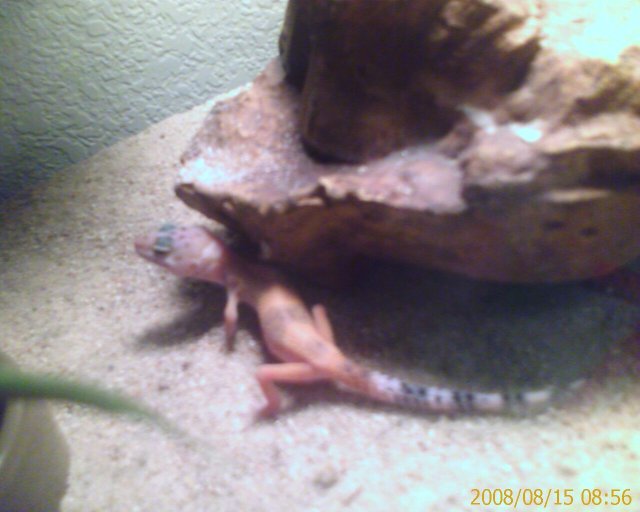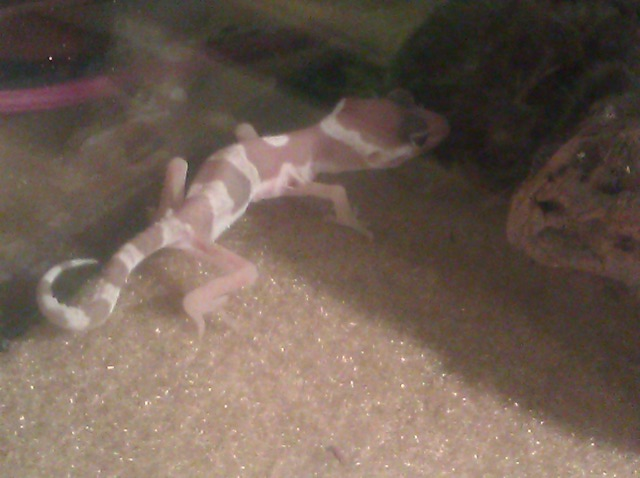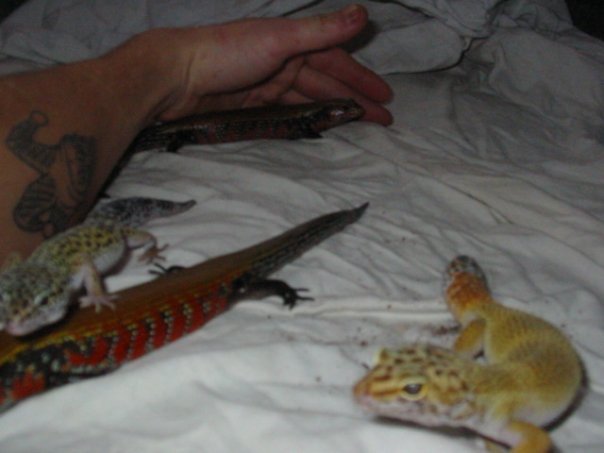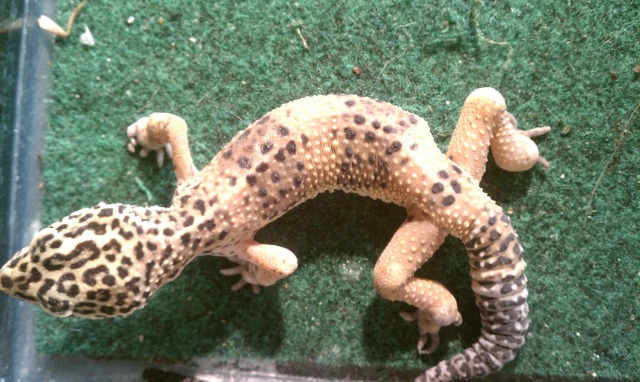QuestionMy short neck has developed a swollen body cavitiy,which is pink in appearance.He is weak and i have had to take him out of the pond & into a 2ft tank. he has seen a vet and I am giving him injectable antibiotics.His eyes have shut in the last day,not open often.I cant have much water at all because he is weak & cannot hold his head up out of the water. Can he be dry while under treatment & what is the illness? The pond had alot of silt from pond weed decaying and hadn't been totally emptied for a few months. has this been a cause of his illnes?
AnswerNot enough information to make such a diagnosis. Could be environmental chemical exposure, pathogen, parasites. The vet did not have anything to say? Did you not ask? Giving injectable antibiotics is not something that should be done by inexperienced persons, and not something that should be done willy nilly without explanation. What did he prescribe and why? Are there any open wounds?
I hope you are injecting in the front third portion of the turtle. Depending on the medication, injection in the hind end could result in kidney damage.
Did you do an x-ray? You might also have a female who became egg bound and is now in septic shock.
For the most part the turtle should be kept warm under basking heat to keep the immune system working properly. Shallow baths will assist in keeping it hydrated and the skin from drying out, but the turtle does not have to kept always in the water. Soak several times a day.
Food and water should only be given by stomach catheter. If you don't know how to do this, ask an expert or the vet. Failure to do this the right way, or without a stomach tube may result in aspiration and death.
Extra hydration should be provided in the form of fluids by stomach tube, or SQ injection. Failure to provide enough hydration during antibiotic treatment will result in kidney or liver damage.
Probiotics: Bene-Bac for reptiles and birds, is highly suggested during antibiotic treatment to replace gut flora that is destroyed by antibiotics.
If the illness is respiratory in nature; nebulized antibiotic and bronchial dilator treatment by the vet can help. These things are being done with turtles now using dilute nebulized medications.
If parasites are suspected; the administration of Panacur @ 100mg/kg is recommended. Excess parasite load can lead to anemia and other potentially fatal complications, though it is not likely the primary cause of this condition.
If your vet suggests vitamin A oral or injection, decline without a serum retinol test to be sure. Hypervitaminosis A is a serious situation that results in the painful death of many pet turtles and tortoises at the vets office.
If any other issues contact me through my website Wichita Falls Reptile Rescue, in my signature and on my profile. I am actually on vacation right now, but cleaning up loose questions other people sent to the pool.

 My leopard gecko look sick
Question
Pic of butterfly
Hi,
I am new to owning leopar
My leopard gecko look sick
Question
Pic of butterfly
Hi,
I am new to owning leopar
 New Baby leo sick
Question
Leo Sick
I just recently bought a
New Baby leo sick
Question
Leo Sick
I just recently bought a
 multiple questions lol
Questionmy two geckos, and one
QUESTION: ok well
multiple questions lol
Questionmy two geckos, and one
QUESTION: ok well
 Leopard Gecko- All Kinds of Problems! :(
QuestionQUESTION: Hi! Ive had my male leopard gecko for
Leopard Gecko- All Kinds of Problems! :(
QuestionQUESTION: Hi! Ive had my male leopard gecko for
 MHD eggs
Question
My MHDs eggs
Hi! My MHD layed eggs not
MHD eggs
Question
My MHDs eggs
Hi! My MHD layed eggs not